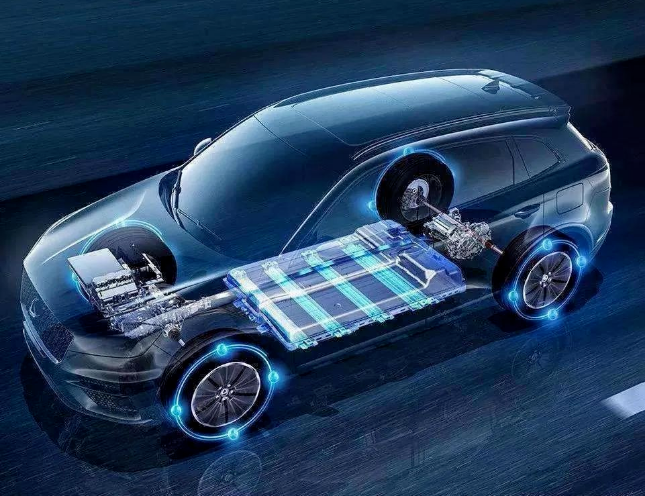With the development of society, new energy vehicles have become the future development trend. However, for new energy vehicles, the key is the battery. The quality of the battery will affect the driving experience of the vehicle. So the question is how long is the battery life of new energy vehicles? In addition, how much does it cost to replace a battery? Now let's talk about this problem.
There are two main factors to measure the battery life of new energy vehicles: the number of charging cycles and time. In addition, there are several secondary factors: average power of charge and discharge, battery storage and working environment temperature, depth of charge and discharge.

Number of charging cycles
Generally, under ideal conditions, the number of charging cycles can reach about 1000-2000, and more than 70% of the available capacity can be guaranteed. For PHEV, the mileage of a single cycle is generally 50-80 km, so the battery can be used for pure electricity for about 100000 km before it is scrapped. However, because PHEV often has hybrid power for many miles, it can be charged according to the number of times. In any case, the battery capacity of PHEV is small, so its service life is short. Theoretically, the service life of PHEV private cars is about 5-10 years.
BEV of pure electric vehicle is easier to calculate. Taking the mainstream 400km model as an example, a single charge can drive 400km. According to at least 1000 cycles, the theoretical service life is 400000km. If 100000 km per year (operating vehicles), the theoretical life is 4 years. If 20000 km per year (private cars), the theoretical life is 20 years.
Usage time
From the practical use experience, it is no problem that the calendar life of lithium battery is more than 10 years under proper storage conditions, but it is hard to say if it is more than 20 years.
Average power of charge and discharge
In short: fast charging affects battery life. How much influence does it have? Smaller. But it does have an impact. According to various automotive news, if BEV is fast charging accounting for 80% of all cases, and slow charging accounting for 80%, the former is slightly faster but not obvious in terms of battery attenuation. People in the battery industry have also said that slow charging is beneficial to battery life, but the impact of fast charging is not as obvious as expected. During the normal service life of the vehicle, the difference between the two is not very big.
Battery storage and operating temperature
Temperature also has a great impact on battery life. If the battery works below 0 ℃ or above 40 ℃ for a long time, it will accelerate the aging and capacity degradation of the battery, and this degradation is irreversible. Fortunately, today's new energy vehicles are basically equipped with a battery temperature control system, which enables the battery pack to work at a more appropriate temperature. New energy vehicle maintenance
Depth of charge and discharge
Although this impact on battery life is a secondary factor, it may cause fatal damage to the battery in use. When the lithium battery maintains 100% power for a long time, from the chemical point of view, this is a high energy state, like a taut bowstring, which is unstable and relatively fragile, which will accelerate the progress of battery damage. It is recommended that the battery should not start charging until the battery power is lower than a certain set value, such as 70%, so as to give the battery a rest time and properly disconnect the power supply. However, this problem does not exist for new energy vehicles, because it is impossible for the vehicle to be 100% charged all the time, so don't worry too much about this.
Relative attention should be paid to the discharge depth. Although the lithium battery has a long life, it cannot resist "over discharge". What is called deep discharge? If the power is used below 5%, or even below 0%, and the battery is not charged for a long time, the battery will be directly "starved to death", and there will be no hope of "rebirth". If the battery is put on for another half month after deep discharge, its life will be terminated immediately.
Battery life
If used normally, the battery life of PHEV is 5-10 years, and that of BEV is 10-20 years. The larger the battery capacity, the longer the pure electric range, and the longer the battery life.
Battery replacement fee
Generally speaking, replacing the battery of the whole vehicle costs about 60000 to 80000 yuan. However, in order to eliminate the concerns of consumers, many manufacturers have launched the service of replacing old batteries with new ones. Overall, the price of replacing the entire battery is about 50000 yuan. Of course, with the rapid development of new energy technology, the price of new energy batteries will become lower and lower.
Data comes from the network

